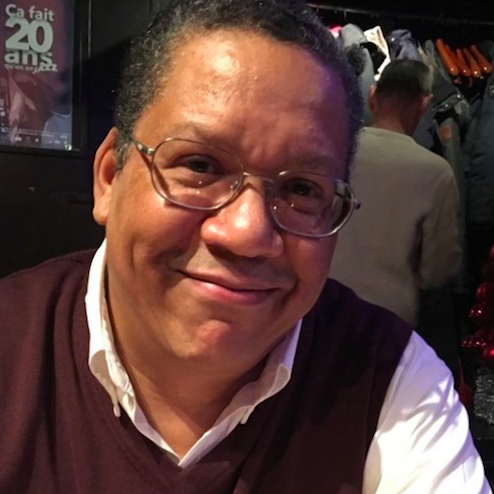
(Image: Mick Haupt/Unsplash)
The United States accounts for about 4 percent of the global population but houses around 20 percent of the world’s prison population. Forty-eight states have laws banning people with felony convictions from voting. As a consequence, more than 4 million Americans, roughly 2 percent of the voting-age population, remain ineligible to vote even after completing their prison terms. The nonprofit Free Our Vote is among the organizations working to change that.
“Our goal is to use [technology] and data to expand the franchise, to incorporate millions of returning citizens,” Alexander Billy, co-founder of Free Our Vote, told TriplePundit. “These folks that paid their debt to society, they don’t have a lot of faith in democratic institutions, and it’s our goal to create a voting system that is more inclusive and works for people.”
Free Our Vote was established in Florida during the aftermath of Amendment Four. Passed in 2018, it was intended to restore voting rights to Floridians with felony records, potentially giving nearly 1.7 million people the right to vote.
However, the phrase “terms of sentence” in the amendment, which attracted support from across the political spectrum, led to ambiguity regarding the inclusion of criminal assessments or legal financial obligations, such as outstanding debts and payments imposed by the court. The Republican-dominated Florida legislature passed a law requiring the payment of all fines, fees and restitution to qualify for reinstatement of voting rights. The move reduced the number of re-enfranchised individuals by approximately 1 million voters.
“We really thought that everyone with a past conviction would be able to vote once they completed the terms of their sentence,” Billy said.
In 2020, Free Our Vote implemented a debt relief program to cover the financial obligations that prevented people from reclaiming their voting rights. It led to a significant increase in voter turnout among previously disenfranchised voters in Florida.
Afterward, Free Our Vote compared electoral participation between registered voters whose financial obligations were eliminated by the nonprofit to debtors who did not benefit from the program. The debt relief program increased voter turnout by 26 percent among the people it served during the 2020 election.
States that tie re-enfranchisement to legal financial obligation often lack or don’t commit the resources to help people determine their voting rights, Billy said. After Amendment Four passed, election administrators in Florida were handling roughly 57 cases per day to determine who was eligible.
“Going through 57 cases per day when there are 1.7 million potential voters would've taken literally decades,” he said. “And as we learned later, even people who have decades of experience in the criminal legal system in Florida really could not make heads or tails of who was eligible.”
The arguments in favor of this system are misguided and the alleged benefits from revenue are overstated, according to research conducted by Billy and other members of the nonprofit. Failure to pay criminal court debt is often the result of bureaucratic complications and indigency, Billy said. Given the impact on indigent and Black defendants and the uncertainty it creates about voter eligibility, felony financial disenfranchisement is “a socially harmful policy that should be eliminated,” according to the research.
“Ordinary Americans are not in a position to comb through the data to determine eligibility. That is a huge challenge for them, just in terms of the administrative resources they would need to collect and understand the data,” Billy said. “But in the case of Florida, as in many other states throughout the country, it’s not just the difficulty in understanding complex law and data sources. It’s also having the financial wherewithal to be able to pay off fines and fees.”
The nonprofit recently received a boost as a part of the 2024 Fast Forward Startup Accelerator. Free Our Vote and 11 other nonprofits receive seed funding, training, mentorship and technical support through the program. Fast Forward is also leveraging its network of partners to offer skills-based mentoring from its employees, ensuring the nonprofits have access to the necessary resources and knowledge to scale effectively.
Participating in the Startup Accelerator has been “transformational” for Free Our Vote, Billy said. “Fast Forward has an incredible network of people in the development space,” he said. “We’re in contact on a regular basis with world-renowned funders who have missions that align with our own. I think there’s going to be a real opportunity to tap into some of that funding and really scale up.”
Since its founding, Free Our Vote expanded its efforts to pay off debts and restore voting rights in Georgia, Virginia, Kansas, Arizona and Washington. Plans are in motion to move into nine other states.
“We don’t want to see a voting system that plays this game of ‘gotcha,’” Billy said. “And we want ordinary Americans to really believe that the system works for them.”

Gary E. Frank is a writer with more than 30 years of experience encompassing journalism, marketing, media relations, speech writing, university communications and corporate communications.














